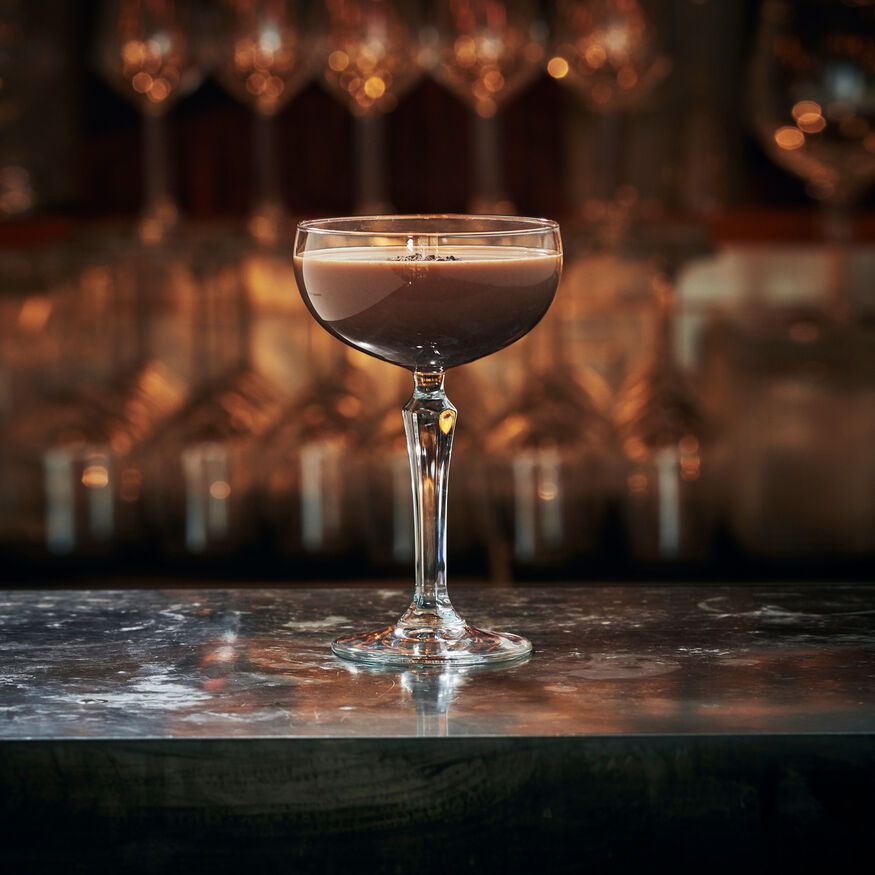Notes to help you get the most out of your cocoa and chocolate.
Depending on the kind of cocoa you use, how much you use and how you use it, cocoa and chocolate will have a different effect on the taste and experience of your dishes. In each of our recipes, we’ll tell you how much influence it will have, in our cocoa notes:
Low – a subtle hint, playing a bass note in the harmony of flavours.
Medium – a rich interplay of cocoa with other leading ingredients.
High – cocoa starring role.
The Character of Cocoa
The flavour of cocoa and the chocolate it produces varies depending on where the cocoa is grown. Different growing regions have different personalities, each pairing well with other ingredients.
Madagascar, Vietnam
Fruit-led flavours, refreshing in the mouth – perfect with fruits, dark meats and game.
Saint Lucia, Trinidad, Java
Complex and multi-layered flavours jostling for position. Goes with pork, chicken and wines.
Venezuela, Dominican Republic, Peru, Ecuador
Roasted flavours, led by mellow notes of roasted nuts. Ideal with fish, eggs and desserts.
Demystifying Cocoa Percentages
The percentages used on chocolate labels can sometimes seem a bit confusing. A 40% milk chocolate, for example, is not made with 40% milk. The percentage always refers to the amount of cocoa used in the recipe, and the rest will either be all sugar (darks) or milk and sugar (milks/whites).
You’ll find higher percentages in dark chocolate recipes, with less in milk, and least in white. Surprisingly, one of the UK’s most famous dark chocolates contains just 39% cocoa, and its milk counterpart only 23%. That means the largest ingredient overall is sugar. We believe this is wrong. We always prefer to use more cocoa in our chocolate for an authentic and satisfying cocoa hit. We put 40 – 70% cocoa in our milk and Supermilk chocolate, and 70-100% in our dark.
Our white chocolate has a much higher cocoa percentage than average, at 36%.
Sugar only costs a tenth of the price of even the cheapest cocoa beans, so it’s no wonder that it is tempting for low – quality makers to use so much of it. But in the world of fine chocolate, deciding on whether to use, say 73% or 75% cocoa in a recipe is the chocolatier’s choice and depends on the quality, character and flavour profile of the bean harvest. In many ways, deciding the cocoa percentage is like deciding the alcohol level in a good wine.
How To Melt Your Chocolate
In a Bain-Marie (recommended)
This traditional method offers a great deal of control. Put your chocolate in a bowl set over a pan of simmering water, ensuring the bowl doesn’t actually touch the hot water (or it can burn the chocolate). Heat in the steam for about 2 minutes until fully melted, stirring occasionally.
In a Microwave
Put your chocolate in the microwave on high power for a total of 40-50 seconds, but only in 10 second bursts, stirring in between to ensure it doesn’t burn. Stop when fully melted.
Essential Cocoa Nib Know-How
Knowing how to extract the best flavours from your cocoa nibs is essential to many of our recipes. It’s easy to buy cocoa nibs these days, but they can be of variable quality. Follow our tips below to make sure you get the most flavour possible from your nibs.
Awakening your Nibs
Often your nibs will have a silver grey hue to them as they have oxidised around the outside. This is harmless, but we recommend you grind them vigorously in a pestle and mortar for 30 seconds. You’ll see the nibs turn a gorgeous mahogany brown, their amazing flavour and aroma awoken at the same time.
Soak them in Water
After awakening, the nibs may still be hard and flinty. Soak them in a little hot water (just enough to cover them) for about 20 minutes which will soften them, the soaking liquid can be set aside as a flavoursome stock.
Storing your Nibs
Just like coffee, roasted nibs should be kept in an airtight container. If you are able to source ‘just roasted’ nibs or have made your own, you can freeze them in an airtight container until needed, retaining maximum flavour.

